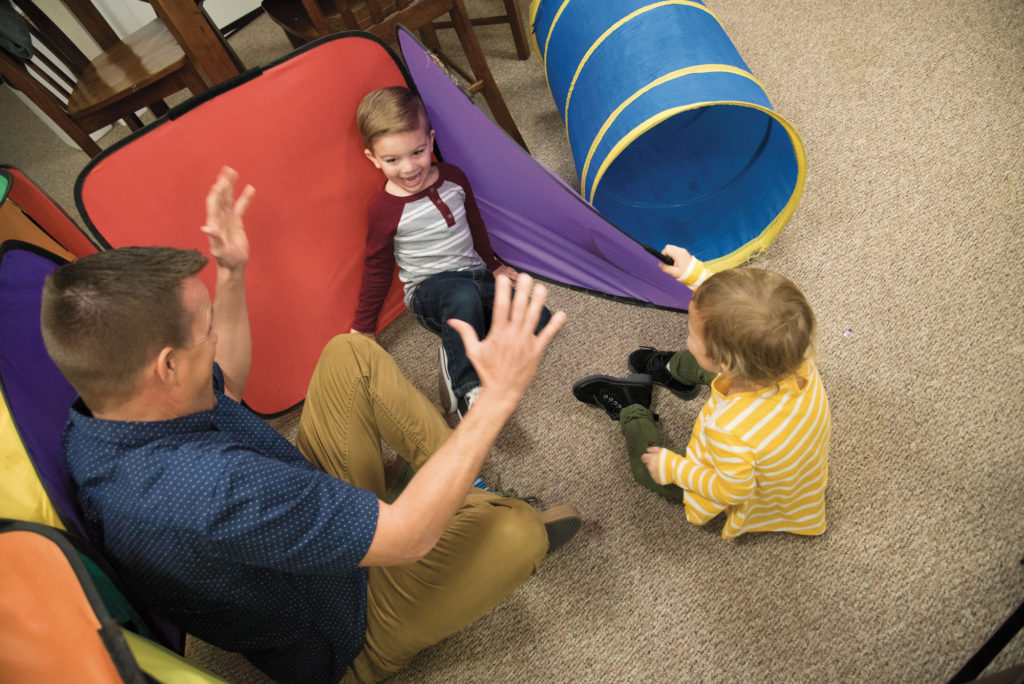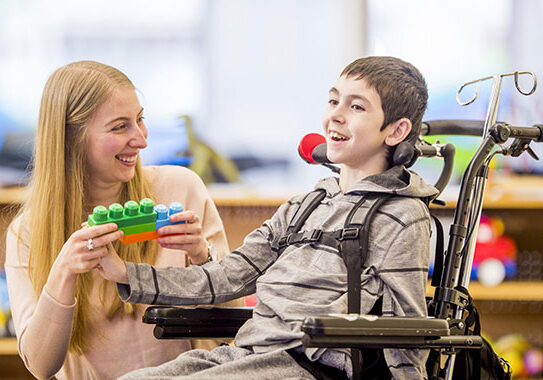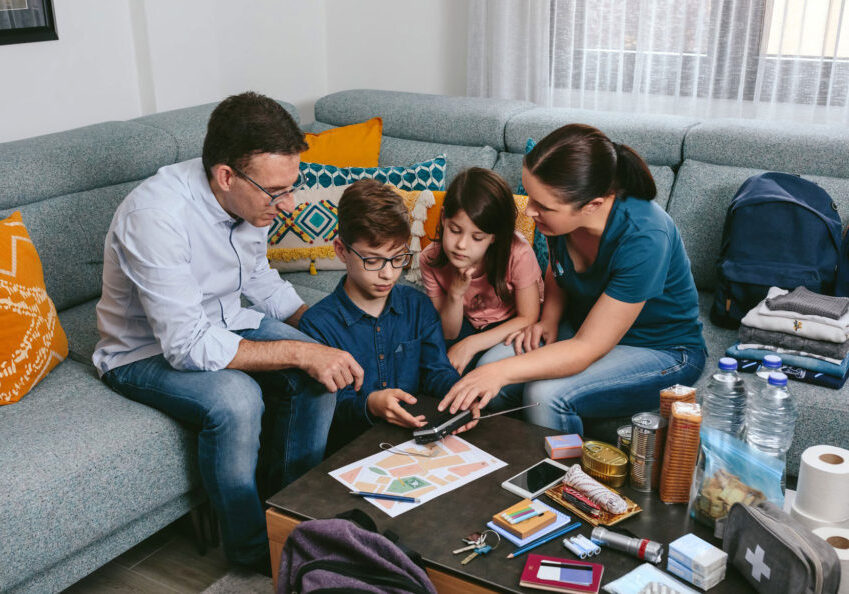Being a parent can be a wonderful and life changing experience. It can also be extremely stressful and demanding, especially if your child is experiencing development challenges. It is natural to have concerns about your child’s development. The difficulty for parents is determining if your child’s developmental concerns would benefit from professional support. To further explore your concerns you may want to visit this website http://www.cdc.gov/ncbddd/actearly/index.html
Your child may be eligible for Early Start services
If you are concerned about your child’s development, you may want to contact Far Northern Regional Center, a community service organization that can help you determine what the next steps in supporting your child should be. After discussing your concerns, Far Northern may recommend an assessment to determine if your child is eligible for Early Start services. These services vary depending on your child’s unique needs, and can include speech therapy, occupational therapy, and infant developmental services.
A Development Specialist can perform a specific development assessment to find out if your child is having challenges in one of five developmental areas, including cognitive, fine and gross motor, communication, social/emotional and adaptive. This assessment takes place in your home and is basically a targeted play session using toys and activities that your child is familiar with.
Services at Parent Infant Programs
If there are challenges identified in one of these areas, the Developmental Specialist may recommend early intervention services such as Infant Developmental Services. Parent Infant Programs provides Infant Developmental Services in Shasta, Tehama, Butte and Glenn Counties and has been serving this area for almost 50 years.
Parent Infant Programs recognizes that parents are the experts for their child. The best way for children to learn is to practice new skills throughout their day and the best way parents can support this frequent learning is to utilize teaching strategies that are natural and readily accessible throughout the day.
Support for parents and caregivers
At Parent Infant Programs, each family and child is assigned a Developmental Specialist with expertise in supporting children’s developmental progress. The Developmental Specialist’s job is to support parents and other caregivers in embedding teaching strategies into their child’s everyday experiences.
When you and your child receive Parent Infant Programs’ services the first thing a Developmental Specialist will do is listen and appreciate your concerns. You are the expert, and very best teacher, for your child so it is important that we understand what you need and want. The next step will be to help identify routines and experiences throughout your day where we can embed early intervention teaching strategies to support your child’s developmental growth.
Weekly home visits for support and success
Parent Infant Programs services typically involve weekly home visits to work with you and your child to identify successful teaching strategies and provide support in areas of need. We also continue to adapt and change our support and strategies as developmental progress occurs. Below is a real life example of what this type of intervention might look like:
Olivia is a two year old girl who is having some difficulty communicating. Olivia’s mother, Nancy, is concerned that she isn’t talking. Nancy and the Developmental Specialist have decided that a goal for Olivia is for her to use more words and word combinations so she can make her wants and needs known to her family. Olivia’s favorite toy is a ball. She enjoys playing with the ball with her mother and when the Developmental Specialist comes to the house Olivia enjoys playing ball with her as well. Nancy and the Developmental Specialist decide to imbed learning opportunities into ball play to help Olivia imitate words or use words spontaneously during play. Nancy models words like “ball,” “catch” and “throw”. Watching for imitation, the Developmental Specialist and Nancy noticed that Olivia attempted to say,“ball.” The Developmental Specialist and Olivia’s mom continued to encourage Olivia to say ball while having the ball rolled to her. Because this was so successful, Nancy and the Developmental Specialist identified other areas throughout the day that this strategy might help Olivia use more words. This way Olivia could practice using words all day long.
As you can see, the Developmental Specialist supports parents in identifying and embedding teaching strategies throughout the child’s day to ensure that we are maximizing the learning opportunities for the child. Specific goals and teaching strategies used are unique to each child and family.
For more information about early intervention services or Parent Infant Programs contact us at parentinfantprograms.com
Posted in: Special Needs
Comment Policy: All viewpoints are welcome, but comments should remain relevant. Personal attacks, profanity, and aggressive behavior are not allowed. No spam, advertising, or promoting of products/services. Please, only use your real name and limit the amount of links submitted in your comment.
You Might Also Like...
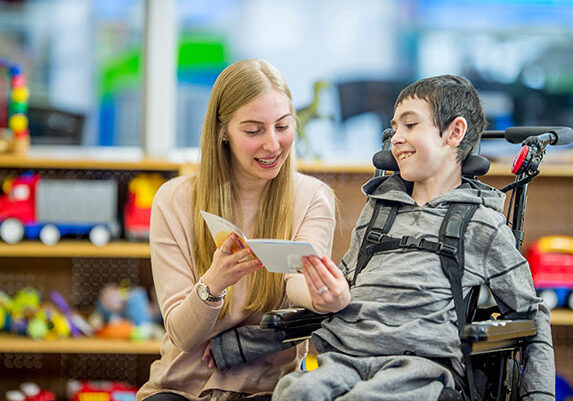
Challenges and Benefits of Having a Sibling with Special Needs
Having a sibling with special needs is a unique experience that provides both challenges and benefits to children. While there is no doubt that they love their sibling with special […]

Special Needs Parenting: Financial Planning for The Future
Financial Planning for Children With Special Needs One of the most challenging aspects of special needs parenting is deciding what will happen to our kids when we’re unable to care […]
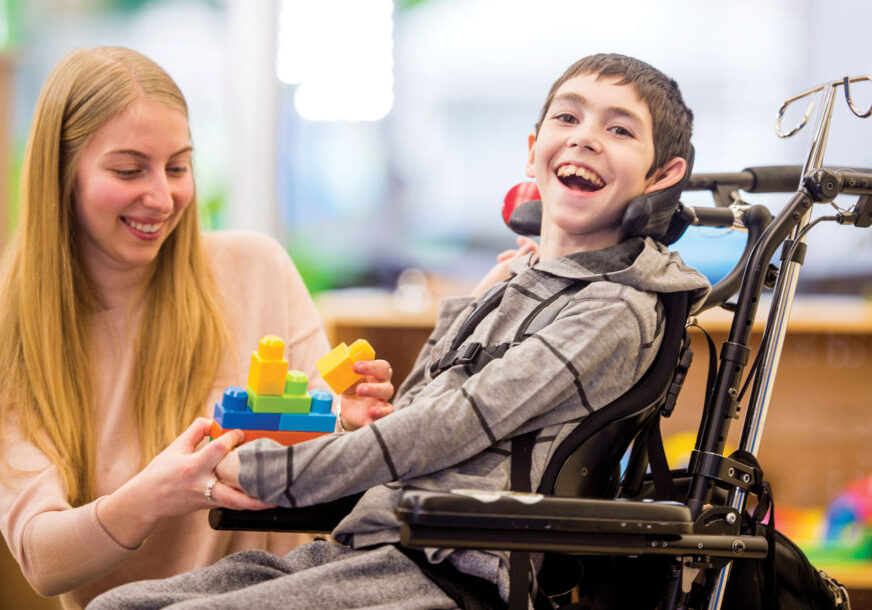
Dealing with Unsolicited Advice When Raising Kids with Disabilities
If you’re a parent, chances are you’ve gotten unsolicited advice from family, friends, and even strangers. If you’re raising a child with special needs, you’ve probably had people chime in […]

Supporting the Siblings of Children with Special Needs
What it’s like to grow up with a sibling with special needs In families of children with special needs, we hear a lot about the importance of providing support for […]


